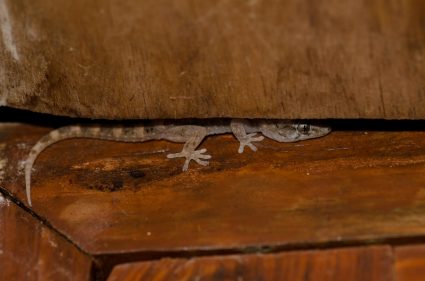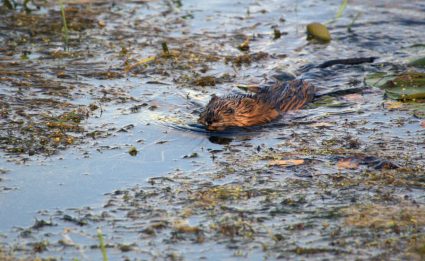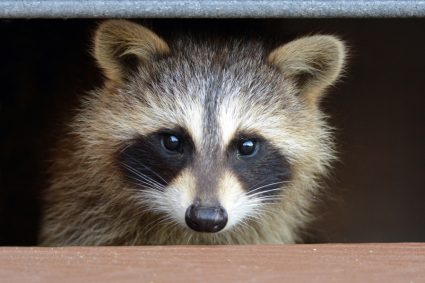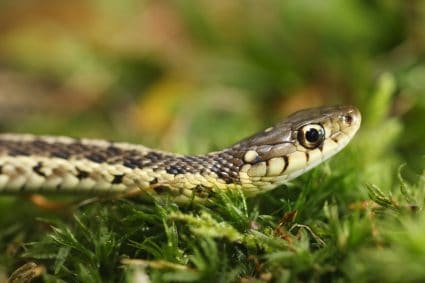
Squirrels are often a sight to behold in your garden, but not when they’re digging up and munching on your precious tulip bulbs. If you’re a gardener dealing with this common problem, you might be wondering: what can you plant with tulip bulbs to keep squirrels away? This comprehensive guide has got you covered.
To keep squirrels away from your tulip bulbs, consider planting alliums, daffodils, hyacinths, lily of the valley, geraniums, marigolds, nasturtiums, peppermint, rosemary, or hot pepper plants alongside them. These plants have strong scents or tastes that squirrels find unappealing. Additionally, you can use natural repellents or physical barriers to protect your tulip bulbs from squirrels.
Plants That Deter Squirrels
Several plants are known to repel squirrels due to their strong aroma or taste, which squirrels find unappealing. These plants can be strategically placed in your garden to deter squirrels from entering and causing damage to your crops. Some of these plants include:
- Alliums (garlic, onions, leeks, and chives): Not only are these plants great additions to your kitchen, but they also serve as excellent squirrel deterrents. Their strong odor is known to keep squirrels at bay.
- Daffodils: These spring-blooming flowers are not only beautiful but also toxic to squirrels, making them a great deterrent.
- Hyacinths: Like daffodils, hyacinths are also toxic to squirrels. Their vibrant flowers are an added bonus.
- Lily of the Valley: This plant’s strong fragrance can deter squirrels.
- Geraniums: Geraniums have a scent that squirrels find unappealing.
- Marigolds: These flowers can deter squirrels and other pests due to their strong scent.
- Nasturtiums: Known for their vibrant flowers, nasturtiums can also repel squirrels.
- Peppermint and other mints: The strong scent of these plants can deter squirrels.
- Rosemary: This herb’s strong scent can keep squirrels away.
- Hot pepper plants: The capsaicin in hot peppers is a strong deterrent for squirrels.
Companion Planting with Tulips
While squirrels aren’t picky eaters, they do seem to have a particular fondness for tulip bulbs. However, by strategically choosing your plants, you can protect your tulips. For example, you can plant daffodils, hyacinths, or alliums in the same bed as your tulips. These plants are not appealing to squirrels and can help protect your tulips.
Non-Plant Measures to Protect Tulip Bulbs
In addition to planting squirrel-deterring plants, you can also take other non-plant measures to protect your tulip bulbs:
- Use natural repellents: Sprinkle red pepper flakes or garlic powder over the planted bulbs to deter squirrels.
- Use physical barriers: Cover the planting area with chicken wire or hardware cloth to prevent squirrels from digging up the bulbs.
- Use bulb cages: Wire bulb cages can be placed around the bulbs to keep squirrels from accessing them.
- Surround bulbs with pea gravel: Squirrels and chipmunks do not like to dig through rock, so surrounding the bulb with gravel can help protect it.
- Apply a repellent product: Use a product like Plantskydd, which is 100% natural and safe, to trigger a prey response in critters and deter them from digging up the bulbs.
The Bottom Line
While these methods can help deter squirrels from your garden, remember that a hungry squirrel might still eat them if there are no better options available. Therefore, it’s essential to use a combination of these techniques for the best protection. By doing so, you can enjoy a beautiful spring garden full of tulips without worrying about those pesky squirrels.
Frequently Asked Questions
Can I use artificial repellents instead of natural ones?
Yes, there are many artificial repellents available on the market that can help deter squirrels. However, it’s always important to check the product’s safety for other wildlife and your pets.
How often should I apply the natural repellents?
The frequency of application can vary depending on the repellent used and the severity of your squirrel problem. However, as a general rule, you should reapply the repellent after heavy rain or every two weeks.
Will these methods work for other pests as well?
Many of these methods, such as the use of certain plants and natural repellents, can also be effective against other pests. However, their effectiveness can vary depending on the specific pest.
How can I ensure that my pets won’t be harmed by the toxic plants?
If you have pets, it’s crucial to ensure that the plants you choose are safe for them. Daffodils, hyacinths, and lily of the valley are toxic to both pets and pests. Therefore, if you have pets, it’s better to opt for plants with strong scents that deter squirrels, like alliums or mint, rather than toxic plants.
Will these plants deter other types of wildlife from my garden?
These plants are specifically known to deter squirrels, but they may not have the same effect on all types of wildlife. If you’re trying to deter a specific type of wildlife, it’s best to research which plants are effective against that particular species.












